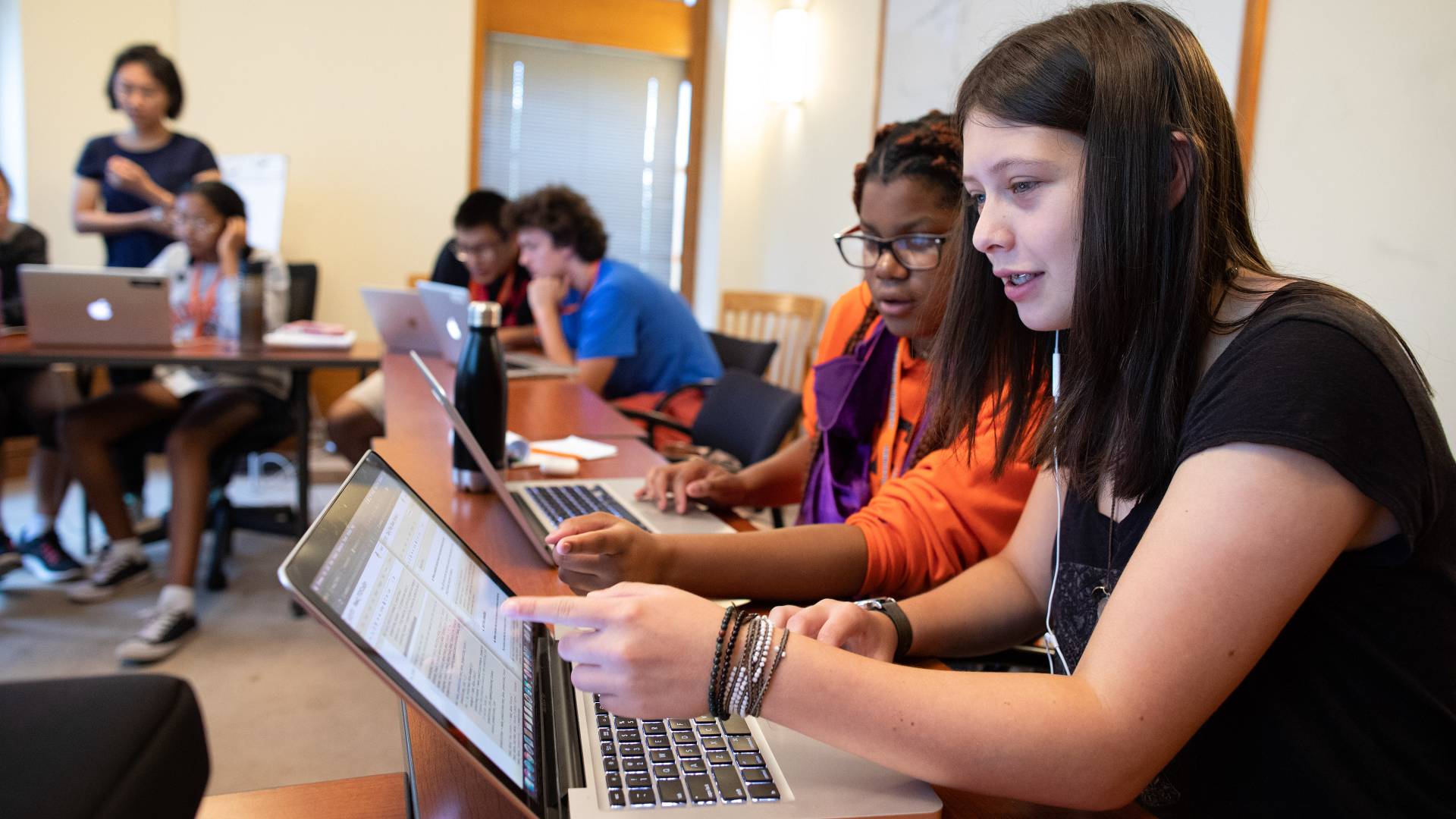A new study by Lehigh University professor has found a direct relationship between classroom oppression and a lower number of women and minorities in STEM.
German A. Cadenas, an assistant professor of Counseling Psychology at Lehigh University’s College of Education, and researchers from Arizona State University collaborated to conduct the study.
Researchers found that if underrepresented groups get access to curriculum that makes them aware of the impact of social and political forces and address systemic oppression as they pursue educational and vocational pathways in entrepreneurial and STEM disciplines, it could increase their presence in STEM.
The team led by Cadenas created Poder, a five-week social entrepreneurship program that focuses on technology, and implemented it through one of the largest community college systems in the U.S. During the analysis of data, the students who were part of the program experienced large increases in their confidence as entrepreneurs and in their readiness to use technology.
“Our study supports the idea that culturally-responsive teaching that focuses on critical consciousness is an effective way of engaging communities that face marginalization in education related to STEM entrepreneurship,” Cadenas said.
“Using this type of culturally-responsive education more broadly, and paired with other systemic interventions, could play a major role in helping close achievement and skills gaps in STEM and entrepreneurial fields.”
After using Poder, about 97 percent of the students expressed commitment to persisting through graduation at the community college and motivated many to make technology an integral part of their venture to facilitate its growth and potential.
Earlier studies found that the number of students attending a STEM classroom directly affects female participation in such classes. When the class size exceeds 120 students, the women’s participation dwindles, which could potentially affect their academic success, such as critical thinking skills, increase anxiety and a lower sense of belonging in the classroom.



